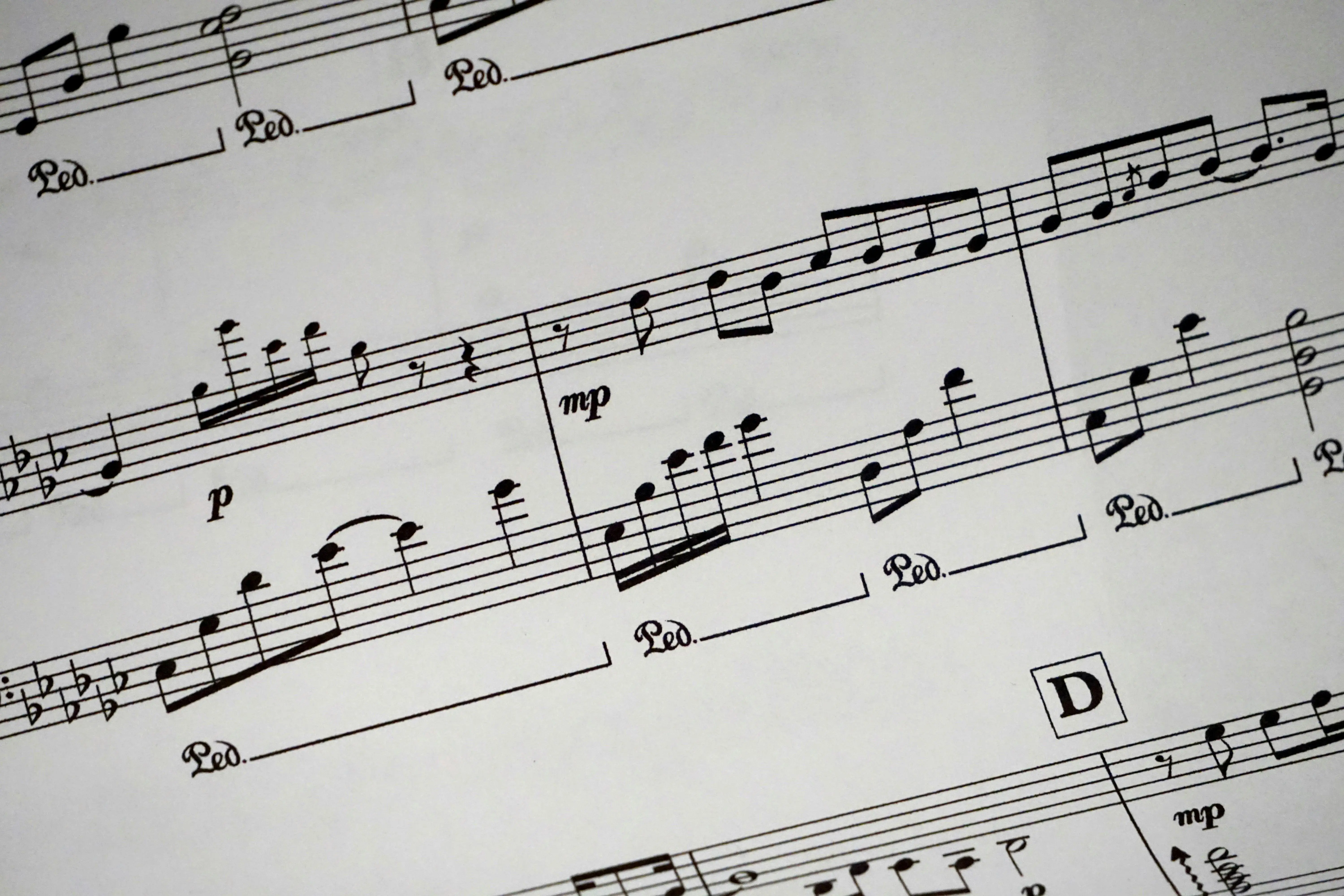How diversity of musical practices and contexts in the world speaks to a multiplicity of knowledges that are unequally represented in dominant political, social, cultural, and economic structures.
In the book, we learn about the diversity of cultures and the diversity of knowledges. In this paper, we are talking about musical practices and how it speaks to diverse knowledges. Primarily, the community is conceived as a relationship with knowledge. The conception of cultures can be viewed as a trajectory towards diversity. Therefore, musical practices are unequally represented in political, social, cultural, and economic structures. Obligation to care about music has a vital impact for specific music teachers and educational purposes. The world consists of many musical traditions; therefore, teachers sort obligations for the music and decide how to teach. The multiplicity of knowledges creates musical multiculturalism. The diversity of musical practices gives a leeway into connecting with people from different backgrounds across the word. Overall, it is crucial to have many people singing the same song.
Musical practices are aligned to many values and aesthetics that allows deeper understanding of multicultural music into lessons. The musical aesthetics works with broad categories of regions such as West Africa, China, and India. The music genre around such as hip-hop music is present in various cultures. The understanding of the aesthetics and values is beneficial in preserving authenticity and integrity. Comprehensively, most cultures across the world the same transmission process known as aural-oral, especially when teaching music (Cain, & Walden, 2019). The interaction with sound is vital and notation cannot be replaced with experience. In multiple knowledges, children always learn from one another by listening to whatever they relay through music. In cultures such as India classical music in passed aurally with no notations at all. In general, it is the diversity that makes people to communicate through music around the world. The notion is to create a substantive appearance towards enjoying the rhythm.
Comprehensively, music is used by various cultures to express themselves through melodies and songs that convey how they feel. Music makes people in different cultures to express their feeling and tell stories about their life. The musical practices provide a common ground where different cultures can meet to express whatever they like. The political structures also play important role in justifying the diversity of music. Besides, it is crucial to understanding the monoculture of scientific knowledge based on a broader epistemological dispute. The ecology of knowledges invites us to a world of maximizing democracy while limiting dictatorship. Therefore, it is musical practices that improve the relationship among cultures. Differences between worldviews take notch higher in creating the rhythms, melodies, and other musical elements. Overall, it develops a balanced environment where both music and knowledges are diverse.
When culture is perceived as a driver of networks, knowledge of actors is seen to reconstruct economic, social, and political structures. The multiplicity of knowledges helps to explore musical elements that strengthen the understanding of various people. The urge is to exploit learning and develop the best songs. The beliefs about music transcends across cultures, which also has different expectations. The musical excellence is taking many cultures through series of dramatic change. There are similar pedagogies that correspond to core cultural values that associates with every type of music (Isabirye, 2021). Today, teachers use culturally-based teaching process to make the practices escalate across the world. For example, people in the US are for singing HipHop music but the genre extends even to other countries across the world. The notion is to create global environment where all the structures are great. The more diverse music becomes the better the knowledges. Therefore, musical practices are beneficial to all the structures that covers all cultures. The creation of rhythms and melodies leads to a more cohesive environment that enhance the musical experiences.
Overall, the musical elements come as a result of substantial interaction among cultures that strive to develop togetherness. Ideally, music brings people together in a society and that can happen in the global society. The alternative for knowledge multiplicity is based on the aspect of diversity and multiculturalism. The notations are used to deliberate on the ways of developing important linguistic flexibility to create the values that pose some level of confidence in various cultures. The pedagogies are crucial in relating people with different cultural material and values. The notion is to reason the level of authenticity for intended processes (Isabirye, 2021). The natural movement that transcends the musical beats leaves many cultures to adopt it. Moreover, different cultures usually have their own way of creating music. The knowledge surrounding music include literature, rhyme, and body percussion. People acknowledge the necessity of having a diverse knowledge to improve the musical patterns that are needed to truncate the love for music. The encouragement of music classes helps build cultural and economic structure. In general, it creates a way to unite with people and consolidate upon the teaching methods. Therefore, the multiplicity of knowledges allows for the determination of better cultural backgrounds, especially those relating to music. It calls for absolute understanding of beliefs about talent and participation. Therefore, the study of musical patterns diversity is important to the overall trail of knowledges.
References
Cain, M., & Walden, J. (2019). Musical diversity in the classroom: Ingenuity and integrity in sound exploration. British Journal of Music Education, 36(1), 5-19.
Isabirye, J. (2021). Indigenous music learning in contemporary contexts: Nurturing learner identity, agency, and passion. Research Studies in Music Education, 1321103X20954548.








